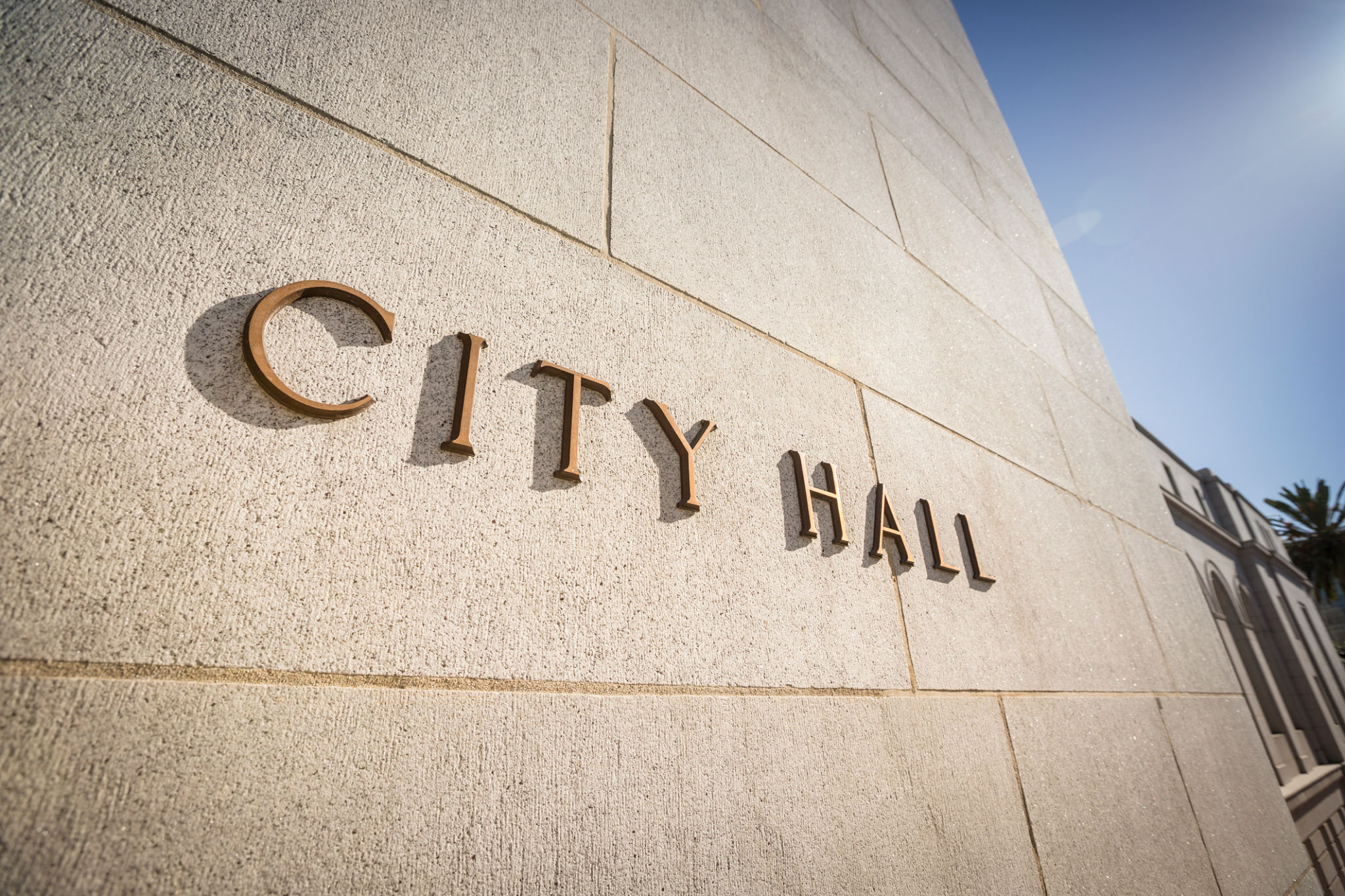Understanding the Ward 8 Councilman Election Process
Understanding the Ward 8 Councilman Election Process
In many cities, the role of a councilman is pivotal in shaping local policies and addressing community needs. Understanding the election process for Ward 8 councilman is essential for residents who wish to engage actively in their local governance. This guide aims to demystify the process and encourage informed participation.

The Importance of the Ward 8 Councilman
The Ward 8 councilman plays a crucial role in representing the interests of residents. From advocating for better public services to initiating community projects, the councilman's responsibilities are diverse. By understanding the election process, voters can make informed decisions about who will best serve their community's needs.
With responsibilities such as approving budgets, legislating local laws, and addressing constituent concerns, the councilman serves as a bridge between the local government and the community. Therefore, electing the right candidate is crucial for ensuring that community interests are prioritized.
Eligibility Criteria for Candidates
Potential candidates for the position of Ward 8 councilman must meet specific eligibility criteria. Generally, candidates must be residents of the ward, registered voters, and meet age requirements. Additionally, there may be requirements related to experience or education depending on local laws.

Understanding these criteria is essential for those considering running for office. It's also important for voters to know these requirements to ensure that candidates are genuinely qualified to represent them effectively.
The Election Process
The election process typically involves several key stages: nomination, campaigning, and voting. During the nomination stage, candidates declare their intent to run and gather necessary endorsements or signatures. This stage is critical as it determines who will appear on the ballot.
Once nominations are confirmed, candidates engage in campaigning. This phase involves reaching out to voters through various means such as debates, public appearances, and advertising. The aim is to communicate their vision and persuade voters of their suitability for the role.

Voting and Election Day
On election day, registered voters in Ward 8 have the opportunity to cast their ballots for their preferred candidate. Voting can take place in person at designated polling stations or via mail-in ballots if applicable. Ensuring voter participation is crucial for a fair and representative election outcome.
It's important for voters to verify their registration status and be aware of polling locations and times. Participating in the election empowers residents to have a say in who will make decisions affecting their community.
Post-Election Responsibilities
After the election, the newly elected councilman takes on responsibilities such as attending council meetings and engaging with community members. Transparency and accountability are key expectations from voters, ensuring that elected officials remain aligned with their campaign promises.

Residents can continue to play a role post-election by attending meetings, voicing concerns, and staying informed about council activities. Active engagement with the councilman can lead to more responsive governance and better alignment with community needs.
In conclusion, understanding the Ward 8 councilman election process empowers residents to participate effectively in local governance. By knowing the roles, responsibilities, and election stages, voters can make informed choices that shape their community's future.